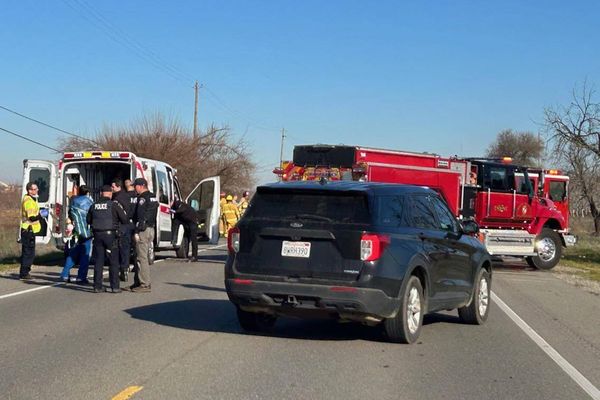.png?width=1200&auto=webp&crop=3%3A2)
Workers at St Helier and Epsom hospitals could soon strike after years of being “shafted” on what they describe as “Mickey Mouse contracts.”
The action could see nearly 400 cleaners, porters and caterers walk out following complaints over conditions, contracts and management at the Trust.
The ballot result, announced on August 13, showed 98% support for the strike organised by United Voices of the World (UVW), which represents the workers.
UVW, which was due to meet the Trust for negotiations on Friday, says its members are facing “second-class” terms.
The workers, all now directly employed by the NHS, are calling for the same pay and conditions as colleagues on the national Agenda for Change (AfC) framework, which sets standard rates for most NHS staff. UVW says that despite being brought back in-house more than four years ago, they still receive lower pay, less annual leave, inferior pensions and no enhancements for night or weekend work.
Facilities staff said they first noticed the disparity in June 2021, when they were transferred from private contractor Mitie to the Trust.
“The people that were previously on AfC came back under a new contract called protected AfC, which is basically a Mickey Mouse contract they put together,” said Farrokh Hormoz, a porter at the Trust and UVW steward.
Farrokh told the Local Democracy Reporting Service (LDRS) that hundreds of facility staff feel the Trust has treated them unfairly.
“When the staff came back from Mitie in June 2021, they realised they were not getting the holidays, pensions or sickness benefits promised in the handbooks they’d been given months earlier,” he said.
“The Trust also changed their continuous start date when they TUPE-transferred their contracts from Mitie, which is not right and refused to correct it. This directly affected their benefits.”
He also claimed porters were paid less than other staff for unsociable hours. “All they have been doing is giving us a promise of a promise,” he added.
Their demands come amid wider concerns about the poor state of repair at St Helier Hospital. Farrokh, who has worked at the Trust since 2023, described conditions as being at “breaking point.”
“You hear all the stories about patients in the corridors,” he said. “At weekends, it’s even worse. I’ve come in on Saturday mornings and seen patients left there all morning without emergency equipment. These are emergency patients.”
He also criticised the Trust’s management, saying, “It’s not working, it’s just a cash cow for people jumping onto the next job. I was struck by the amount of staff dissatisfaction from all departments. It’s a culture.”
A spokesperson for Epsom and St Helier University Hospitals said: “Our porters, cleaners, catering and patient transport colleagues are hugely valued and respected. When colleagues were brought in-house in 2018 and 2021, they received improved pay and conditions, including the London Living Wage and increased annual leave, but were not offered Agenda for Change.
The Trust told the LDRS that it is reviewing staff contracts, pay and conditions in consultation with colleagues and trade unions. It also insists that AfC was never promised in the first place.
The Trust said the decision not to move the workers onto AfC contracts was made by its Board in 2021, when a local deal was introduced. This included a 12% pay rise for many staff and extra annual leave.
It added that those on the London Living Wage have seen yearly pay rises of 8.1%, 10% and 5.3% in the past three years, higher than some AfC increases, and that Grade A staff now earn £13.85 an hour, up 5.3% from April 2025.
The Trust admitted a mistake over pensions, saying staff should have been offered the NHS scheme when they came back in-house, but were instead enrolled in the government’s NEST scheme.
It has apologised and will meet with staff to explain their options. All will now be moved to the NHS pension unless they choose to stay in NEST.
On claims about patients being treated in corridors, the Trust said its emergency departments are “busy all year round” and demand is growing.
While some care is provided in corridors, the Trust stressed that patients are kept safe and supervised. Plans are in place to end corridor care this year, including expanding same-day emergency care and improving patient flow.







